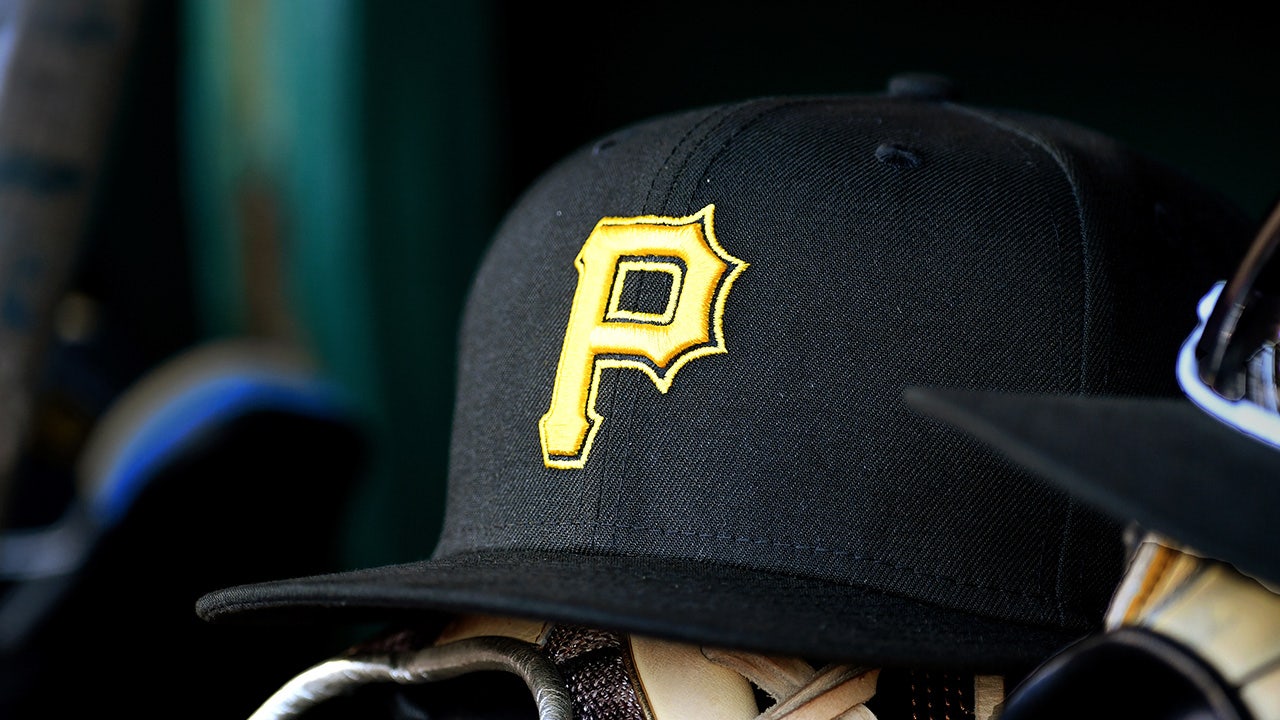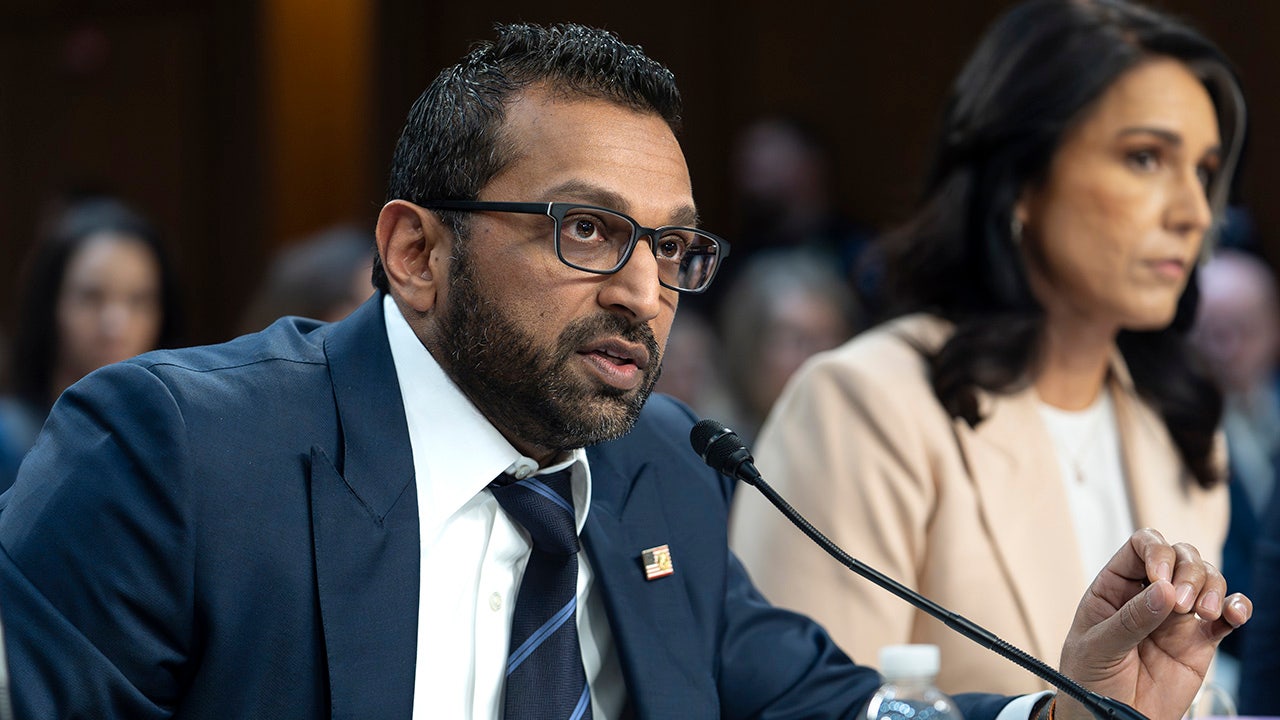When Justin Falk was traded from the Calgary Hitmen to the Spokane Chiefs early in the 2005-2006 Western Hockey League season, it was hardly a lateral move.
The Hitmen went on to finish with 101 points that season, second-most in the Eastern Conference, before losing in the second round of the playoffs.
Falk’s new team didn’t fare so well, finishing last in the WHL with 25 wins and 58 points.
But when he looks back at his three seasons in Spokane – the Chiefs’ fortunes improved drastically over that span – Falk said last week that those were some of the most fulfilling of his career in hockey.
“It was a great group of guys, a great staff,” Falk said by phone. “You’re such a young man coming into your own, away from home, developing as a hockey player and as a person. I look at the whole three years and not just that year.”
“That year” Falk spoke of was the 2007-’08 campaign, one that feels particularly of the moment in Spokane right now, as this season’s Chiefs have advanced farther than any in the franchise’s 17 years since winning not just the WHL championship but the subsequent Memorial Cup, too.
Falk, a defenseman, played 182 regular-season games for the Chiefs and another 27 playoff games, including 21 during Spokane’s 2008 WHL playoff run. Chris Bruton was there with him for that three-year stretch – plus the season before, too, when the Chiefs were one of two Western Conference teams to miss the playoffs.
“I was there from the beginning of being in the basement to going to the penthouse,” Bruton said by phone on Saturday.
That journey is one that current Chiefs players certainly recognize: Just two seasons ago, Spokane had the worst record in the Western Conference, winning just 15 of 68 games.
Through that lens, then, it’s easy to compare the likes of Berkly Catton, Brayden Crampton and Will McIsaac to those like Falk, Bruton and Mitch Wahl who wore the Chiefs sweaters 17 years ago.
“The junior circuit is interesting because it’s kind of like a cycle,” Wahl said by phone on Saturday, citing the way the draft works and how players age out at 21. “It’s tough to manage those teams.”
Like this 2025 team, which Matt Bardsley engineered one trade at a time, that 2008 squad was carefully constructed to crescendo to a championship caliber. Whether this year’s team can match the achievements of the team from 17 years ago will be determined this week, when the Chiefs host Medicine Hat – with the series tied 1-1 – for Games 3, 4 and 5 at Spokane Arena.
 Tri-Cities’ Johnny Lazo (21) and Jarrett Toll (3) put the stop on Spokane’s Chris Brunton in the second period of their Western Conference Championship game at Spokane Arena on April 28, 2008. (The Spokesman-Review Photo Archives)
Tri-Cities’ Johnny Lazo (21) and Jarrett Toll (3) put the stop on Spokane’s Chris Brunton in the second period of their Western Conference Championship game at Spokane Arena on April 28, 2008. (The Spokesman-Review Photo Archives)
‘We were hard to beat’
There wasn’t much question that Spokane’s 2007-’08 team had talent. Four players had been taken in the 2007 NHL Draft; three more would be taken the following summer; two more were selected in 2009. And that doesn’t even include Tyler Johnson, who went undrafted and then played 747 regular-season NHL games.
After missing the playoffs in 2005 and 2006, the Chiefs finished fourth in the U.S. Division in 2007, losing in 6 games to the Everett Silvertips in the playoff’s first round.
Wahl played 69 games that year as a 16-year-old, finishing with the fourth-most points on the team (48). Derek Ryan, a future NHL player, led the Chiefs with 59 points that season as a 19-year-old.
That 2006-07 season was also the Chiefs’ second of three under head coach Bill Peters.
“Peters was just a good coach and had a way of locking us in,” Wahl said. “We weren’t a very good team my first year. I was 16, and 16-year-olds don’t get to play a lot, but I got to play a lot, which was pretty rare. I was able to establish myself as a player that year.”
Much like the 2023-24 Chiefs set up this year’s team with a first-round playoff exit, that team Wahl played on foreshadowed what was to come the following season.
“That second year, we had a powerhouse,” Wahl said. “Not a lot of all-star players, but we were dialed in. It was really something.”
Wahl has played professional hockey for 16 years since then, and he’s won a couple league championships. He said he knows that sort of synergy is uncommon. Even by that mark, the 2007-’08 Chiefs were special.
“You just know that year we were going to have a chance,” Wahl said. “We were hard to beat.”
The Chiefs’ 107 points that season stand as the most in franchise history (even if the teams since 2018-19 had played 72 games like those, and not 68, they couldn’t have finished with more).
Yet the Chiefs didn’t even win the U.S. Division – that title belonged to rival Tri-City, which finished a point better and with two more victories (52) than Spokane did (50).
When regular-season awards were announced, no Chiefs were named to the Western Conference’s First Team. Just one – leading scorer Drayson Bowman – made the Second Team.
Indeed, of all its players who had already been drafted or would eventually be, just one of them – defenseman Jared Cowen, ninth overall – was taken within the first 47 picks of an NHL draft. And even Cowen was, in 2007-’08, a 16-year-old.
Bruton said the key to the team’s success was its culture, and that started with Peters.
“Peters was captain of the ship, we knew it was his ship and we were all rowing,” Bruton said. “The group understood if one of the oars wasn’t pulled or pushed at the same rate, we were going to go off track. But as a team, we were competitive, and we brought that every day.”
That created accountability.
“Nobody wanted to falter,” Bruton said.
 From left; Chris Bruton, Seth Compton, Justin McCrae, Judd Blackwater and Mike Reddington revel in watching the video of their Memorial Cup highlights during the Championship Rally at the Spokane Arena on May 26, 2008. (The Spokesman-Review Photo Archives)
From left; Chris Bruton, Seth Compton, Justin McCrae, Judd Blackwater and Mike Reddington revel in watching the video of their Memorial Cup highlights during the Championship Rally at the Spokane Arena on May 26, 2008. (The Spokesman-Review Photo Archives)
‘That was everything to us’
In the opening round of the 2008 playoffs, Spokane dispatched Everett with relative ease. The Chiefs won the first three games by three goals each and then clinched the series with a 3-2 overtime victory in Game 4.
Dustin Tokarski, who went on to appear in 86 NHL games – the most recent six coming this season for the Carolina Hurricanes – made 33 saves. Wahl, his roommate, scored the game-winner.
Tokarski was one of the many players who keyed the run that followed, starting all 21 WHL playoff games in net, including seven that went to overtime.
“Tokarski was an absolute competitor of a goalie,” Bruton said.
The Chiefs needed six games to defeat the Vancouver Giants in the next round, setting up a rather epic Western Conference Final against Tri-City. The teams went to overtime five times, including three that went to double.
“To this day, I don’t think I’ve seen a series like that ever,” Wahl said.
After each winning a double-overtime game in Kennewick, Spokane won Game 3 at home in regulation, 2-0, before dropping Game 4 in overtime, 3-2. That sent the series back to Kennewick for Game 5, which Spokane won in double-overtime. Judd Blackwater potted the winner, giving the Chiefs a 4-3 win and a chance to clinch the series at home two days later.
It didn’t go as they planned: Blackwater scored the team’s only goal, but Tri-City got the overtime winner in a 2-1 game that sent the series back to the Tri-Cities for Game 7 the following day.
It was the postgame schedule of events that really stuck with Falk.
“We lost Game 6 at home,” Falk said, “and then we had to go home after the game, pack up our bags and drive back to the rink and leave on the bus that night to go to Tri.”
Game 7, though, offered less drama. Tied 1-1 heading into the third, Blackwater scored 16 seconds into the last period, and 8 minutes later Bowman gave the Chiefs a 3-1 lead with a power-play goal. Blackwater scored again into an empty net in the final minute.
“We didn’t touch the conference trophy (after defeating Tri-City),” Bruton said. “That was a huge win, but it wasn’t what we were after.”
The WHL championship series against Lethbridge was even more workmanlike. Aside from about a period’s worth of time in Game 3, the Chiefs never trailed in a 4-0 sweep of the Eastern Conference champions. When offered the chance to hoist the Ed Chynoweth Cup, they took it.
“That really felt like our Stanley Cup for the Western Hockey League,” Bruton said. “That was huge. That was everything to us. Then we got ready for the Memorial Cup.”
Over the course of those 21 games, the Chiefs were remarkably balanced scoring-wise. Bowman led them with 11 games, but Blackwater added 10 while Ondrej Roman and David Rutherford each had nine goals. Eight different players scored game-winning goals.
In net, Tokarski allowed just 31 goals for a goals against average of 1.38. He saved 94.4% of the shots he faced while playing all 1,352 minutes – including all those overtime periods.
Through the first two games of the WHL championship series, this year’s Chiefs are much more prolific scorers – they have 92 goals in 17 playoff games; the 2008 team had 56 in 21 – but nearly half of their goals (43 of them) have come from the trio of Catton, Andrew Cristall and Shea Van Olm.
It’s also notable that the two players from the 2008 Chiefs team with the longest NHL careers – Jared Spurgeon and Tyler Johnson – were 17-year-olds that season.
This year’s Chiefs haven’t yet reached those heights, but if they win three of their next five, they would give Spokane its third WHL title. Just three Western Conference teams – Kamloops (six), Kelowna (four) and Portland (three) – have won that many.
Bruton said he’s been following this team and wishes he could make it to Spokane this week. But if the series goes past these next three games, he said he’s prepared to make the three-hour drive from his home in Calgary to see the Chiefs play in person.
“If the Chiefs go to Game 6 in Medicine Hat,” he said, “I’m trying to find tickets.”
.png)
 German (DE)
German (DE)  English (US)
English (US)  Spanish (ES)
Spanish (ES)  French (FR)
French (FR)  Hindi (IN)
Hindi (IN)  Italian (IT)
Italian (IT)  Russian (RU)
Russian (RU) 








Comments